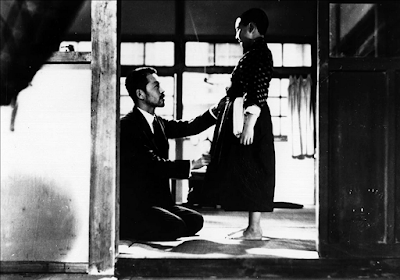A box-office success, THE YOUNG LIONS hasn't aged well with the exciting pairing of Montgomery Clift and Marlon Brando nullified as they don't appear together.
Irwin Shaw's 1948 WW2 bestseller novel has three protagonists: one German, two American. Dmytryk and screenwriter Edward Anhalt changed the plot which angered Shaw. The main change favoured Brando by making the German more sympathetic, which pleased him but Clift was unhappy about it.
As Christian Diestl is with the German occupation of Paris, in America singer Michael Whiteacre and shop worker Noah Ackerman become friends at their draft medical. In training camp, Noah is bullied by others - oddly Dmytryk plays down the obvious anti-semitism.
Christian's involvement with icy Captain Hardenberg starts his disillusion with Nazism while Noah and Michael eventually find themselves in Europe.
In the final days of the war, the protagonists have a fateful meeting near a liberated concentration camp.
Shelf or charity shop? I think it's time to let these lions roam. Dmytryk's attempts at profundity now appear heavy-handed and obvious and never makes a connection between the three protagonists so the climax has no particular power. Brando occasionally flares into life but his blonde rinse and German accent seem to drain him. This was Monty Clift's first film after his car crash while filming RAINTREE COUNTY which permanently affected him physically and mentally. His offscreen reliance on alcohol and painkillers gives his performance a tremulous, delicate quality - the prolonged fight scenes with the barrack bullies seem overly sadistic - but his civvy scenes with Hope Lange have a welcome warmth. Dean Martin's career was stalling after his acrimonious professional split with Jerry Lewis and, while he certainly trades on his woozy wise-cracking persona, he delivers a good performance which showed his untapped dramatic potential. By far, the performance that delivers the best is Maximilian Schell in his first English-speaking role as the cynical Captain Hardenberg - all the more impressive as he learned his lines phonetically.




















